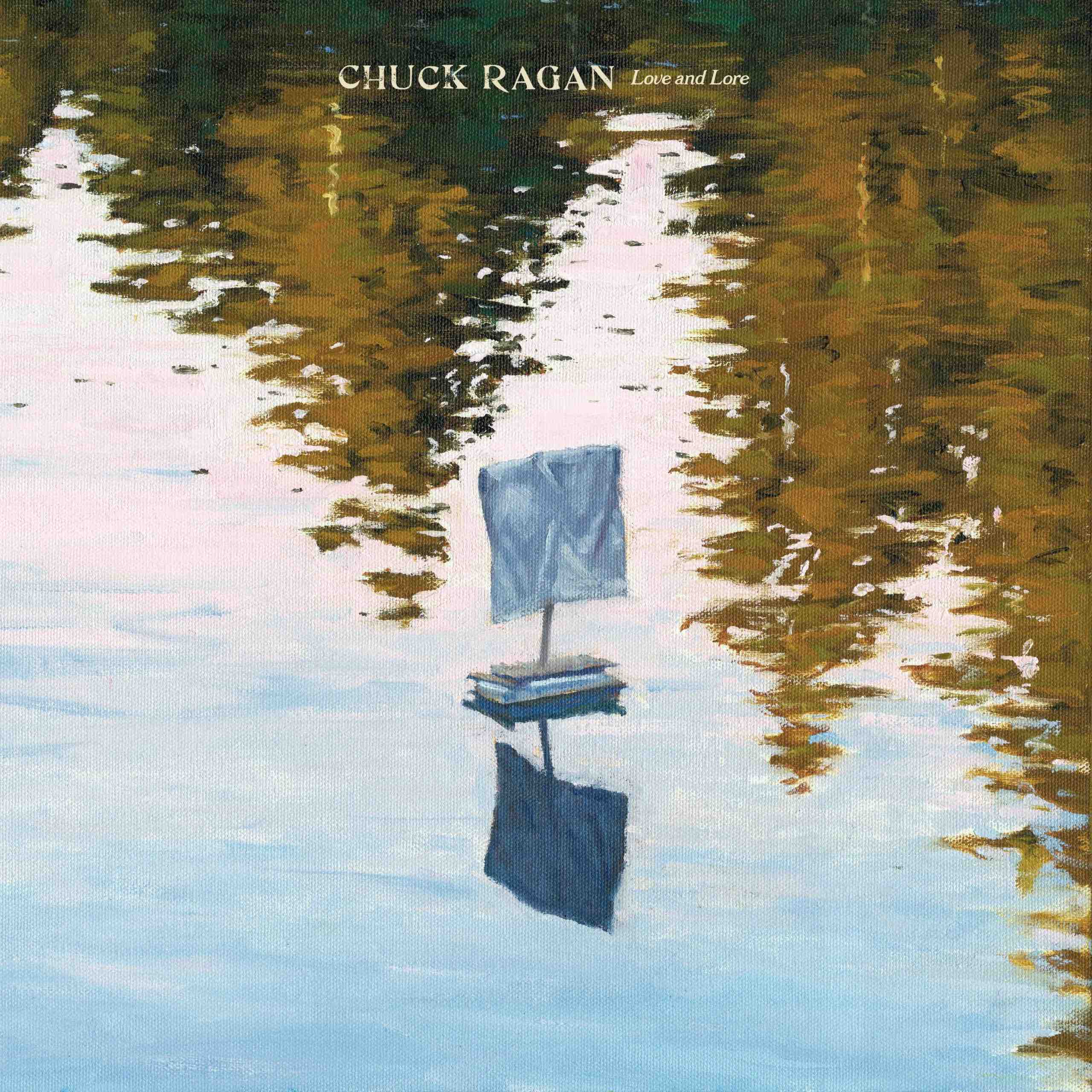Chuck Ragan
Love and Lore
RISE
Though Chuck Ragan had released five solo albums before this new one—in addition to 10 with punk stalwarts Hot Water Music, including this year’s stunning Vows—this new Dire Straits phase of his career had never even been hinted at. And yet “All In,” the opening track on Love and Lore, ushers it in without equivocation as Knopfler-esque guitar lines shimmer throughout—as they do across the rest of the record. But unlike The War on Drugs, whose flattery of the classic British rock band borders more on imitation, Ragan’s delicately rough vocals add an extra layer of depth and originality to these songs. Indeed, the instrumentation of “All In” pulls one way, but as soon as Ragan begins singing, the song is pushed in a completely different direction. On paper, it perhaps shouldn’t work, but in practice it really does.
Not just on that song, either. “Wild in Our Ways” is a rollicking-good-time classic rock song, while the licks that punctuate “Northern World,” “Winter,” and “Aching Hour” are tasteful, reverential nods to late-’70s roots rock, knowing smiles to unlikely influences. Initially conceived in 2016, studio time to record this album was booked in 2019, with COVID striking just before the sessions were due to begin. Ragan’s attentions shifted to his fly fishing operation (yes, really) so he could provide for his family while the music industry collapsed in the uncertainty brought on by the pandemic. He came back to its songs in early 2023, and this is the result—a record that both builds on and redefines Ragan’s legacy and reputation as a songwriter. They’re recognizable because of his distinctive growl, but all represent his conscious evolution as a songwriter—even on the countrified “One More Shot,” a duet with Paige Overton from self-styled outlaw-country band Paige and the Overtones.
It’s the least compelling track here (due to the genre experimentation rather than Overton’s presence), but the record soon redeems itself with the maudlin yet defiant “Reel My Heart” and the boisterous but wistful anthemics of closing track “Hanging On.” Both do what Ragan does best, which is to channel pain and transform it into something restorative. By this point of the album, the songs have pared back most of the Dire Strait-isms, but they’re still there in the background if you listen carefully. With or without them, Love and Lore is an album that shows how it’s possible for artists to stay true to themselves for decades while still exploring new ideas. That Ragan has done so twice in one year is quite remarkable.







